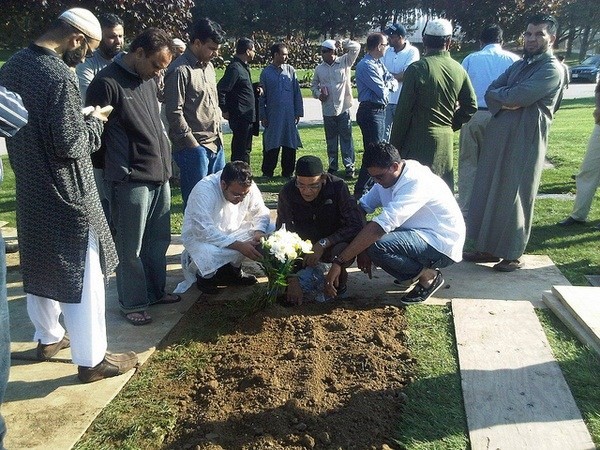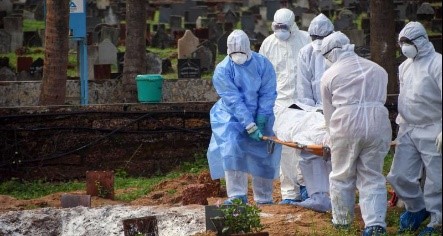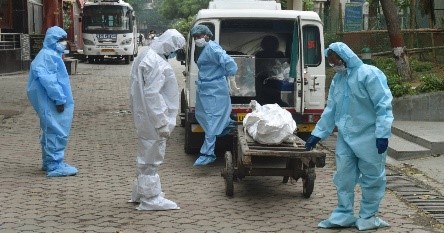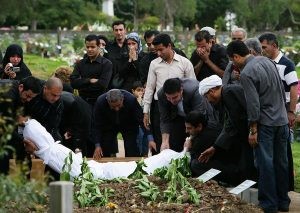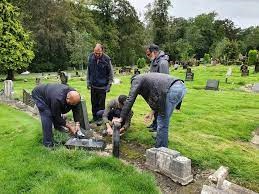Overview
Many people were devastated by the COVID-19 epidemic. Raah-e-Najaat is assisting in the arrangments of COVID-19-related funeral expenses incurred on or after January 20, 2020, in order to alleviate the financial hardship caused by the virus. Raah-e-Najaat has provided approximately 200 people with financial help so far. Many hard-hit areas, however, most of the marginalised communities may be unaware of COVID-19 Funeral Assistance. Raah-e-Najaat requires your assistance in spreading the word about this vital resource. Raah-e-Najaat created the COVID-19 Funeral Aid Toolkit to help community-based organisations (CBOs) raise awareness about this assistance in their communities by providing sample message, visuals, and guidance.
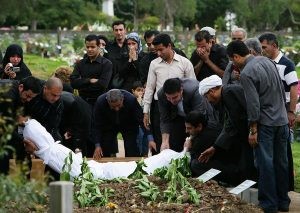
In the second-most populous country in the world, India, the majority Hindu population scatter the ashes of the dead after cremation - but Muslims and Christians, who bury bodies, are running out of suitable land. Our program provide help for all Indian citizens, noncitizen nationals, and qualifying noncitizens are eligible for COVID-19 Funeral Assistance. We intend to use your neighborhoods connections to contact those who are eligible but have not applied for COVID-19 Funeral Assistance. We can raise awareness, give access to vital funds, and encourage more individuals to apply with your support.
